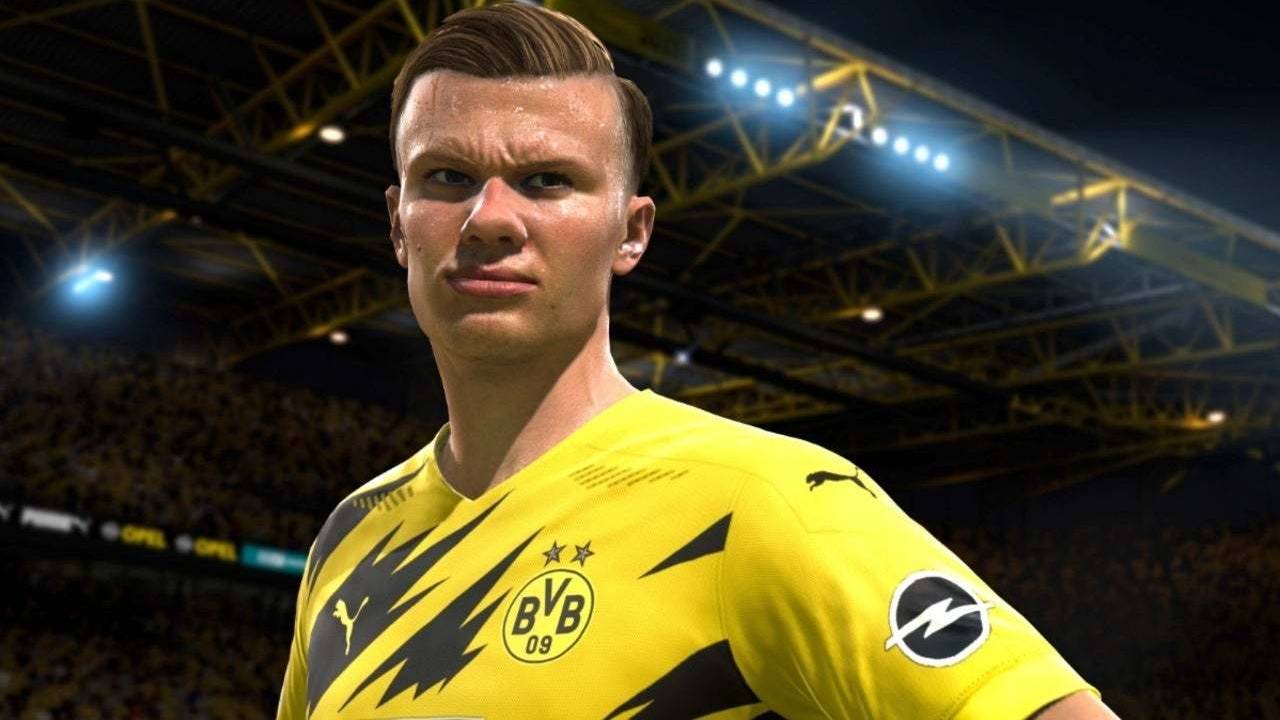FIFA 21 Career Mode guide: 5 things you need to know
Career Mode tips and tricks

FIFA 21 skill moves guide: master every trick in the book
FIFA 21 free kicks guide: master the most important set pieces
FIFA 21 Ultimate Team guide: 5 things you need to know
Another year, another FIFA, and with another iteration of the yearly football franchise comes some small changes to the game’s design.
FIFA 21’s Career Mode has been a focus for EA this year after fans have become disillusioned with the minor changes to the mode in recent years. Whether it’s enough to sate the community is a question for another day, but given how much has been added, we think it’s worth offering a few tips for new players to help them understand these added systems and get acquainted with Career Mode in FIFA 21.
Follow along as we dig into the new updates to match simulation, player development and transfer market negotiations, explaining each new part in detail and suggesting how you can take advantage of them to build your ultimate team and dominate your league of choice. Here are five things you need to know about Career Mode in FIFA 21.
Jump in when the time is right
A new feature for FIFA 21 is Interactive Match Sim, which allows you to jump into the action at any point across the 90 minutes while simulating career mode matches.
The game will prompt you to take control when you get a free kick or a penalty, but while you’re tending to other matters, keep your eye on the little dots and see if there’s a particularly deadly attack on the cards. If you hop in when the time is right you can confirm a goal and turn a match on its head easily. Pick your battles!
Sign young prospects with strong stats
You’ll start career mode during the transfer window, which means you should start scouting with your agents immediately for the best players to flesh out your team. Younger players are good prospects for the future of your club, and you can nurture them through training to turn them into superstars on the pitch.
If you’re not looking to scout and want top-flight talent, use EA’s Top 1000 ratings database to filter through the chaff and find the players you need. From the squad hub, you can also use the player development menu to switch a player’s position manually. It takes a little while but it’s super useful if you’ve got a brilliant young winger that you want to turn into a midfielder or vice versa.
Get daily insight, inspiration and deals in your inbox
Sign up for breaking news, reviews, opinion, top tech deals, and more.

Words hurt!
You’ll get in-person media briefings and pre and post-match conferences in this year’s career mode. Your players will also text you after matches to talk about being benched or how they’ve performed.
It can be tempting to just hammer the skip button and mash through it, but if you put your foot in your mouth or offer non-constructive criticism to your players, they can lose morale quickly and will start looking for the back door. Be careful with your media presence to preserve your following, please your team and keep your position.
Don’t simulate too many training sessions
You can tap R3 to ‘Quick Sim’ your training days to get closer to match day, but we'd be mindful of doing this too much, as the grade you receive for simulating is usually quite low. If you’re playing on harder difficulty settings and you want your eleven to be sharp on the pitch, definitely start playing one or two sessions a week to refine their play.
Be firm but fair with negotiations
If you want to buy a new player you’ll usually have to head to dinner or meet up in a fancy apartment to convince them. Once they’ve been scouted, take the asking price as a base and consider notching a couple million on top if you want them to take you seriously.
The same goes for wages - consider where they’re coming from and the opportunity you’re giving them at your club and adapt as necessary.
For contracts, you can usually squeeze an extra year out of the length they offer you. Never forget a solid signing fee either… this looks optional but is very important, so do offer a bonus for coming to your club and after they play a few matches, or when they score enough goals. You can re-do negotiations if they walk out unhappy, but it’s best to avoid this so they don’t get snapped up elsewhere.
Jordan Oloman is a journalist and documentarian with experience across the pop culture/tech spectrum writing reported features, reviews. news, guides, op-eds and more for a wide variety of outlets. He is also an affiliate streamer on Twitch and have previous experience in scriptwriting, podcasting, game consultation and creating video content.
